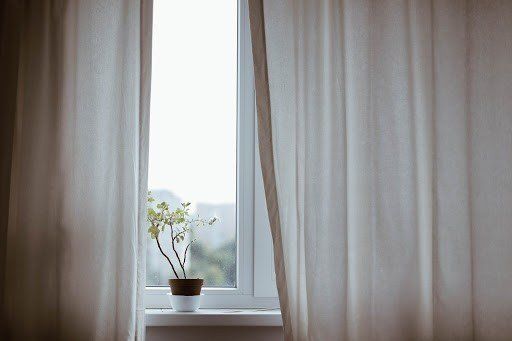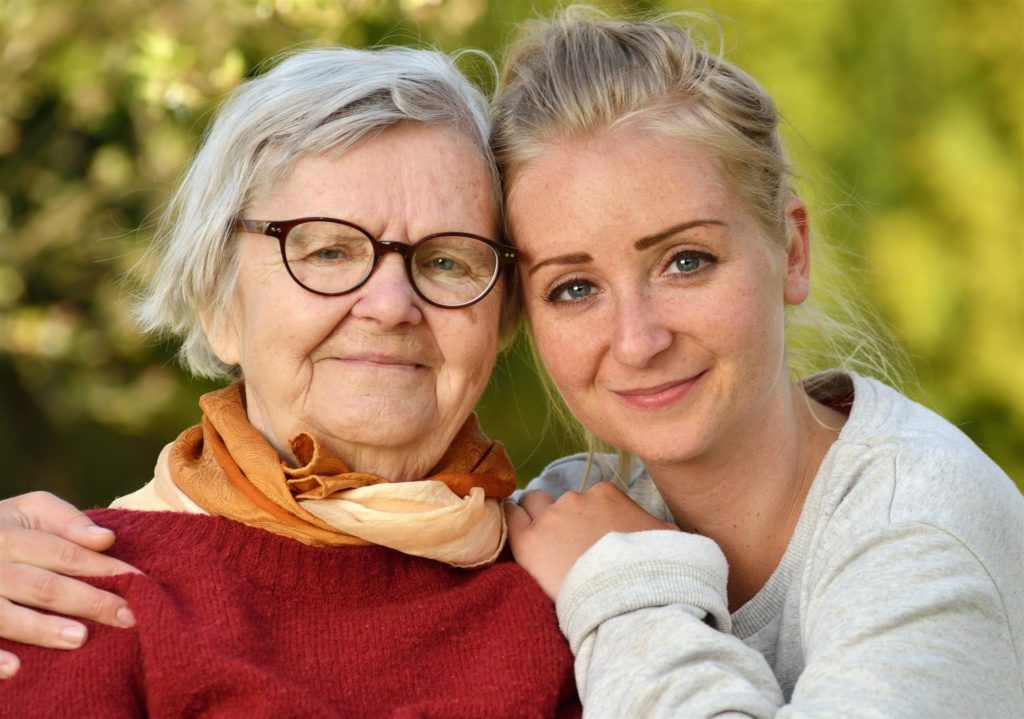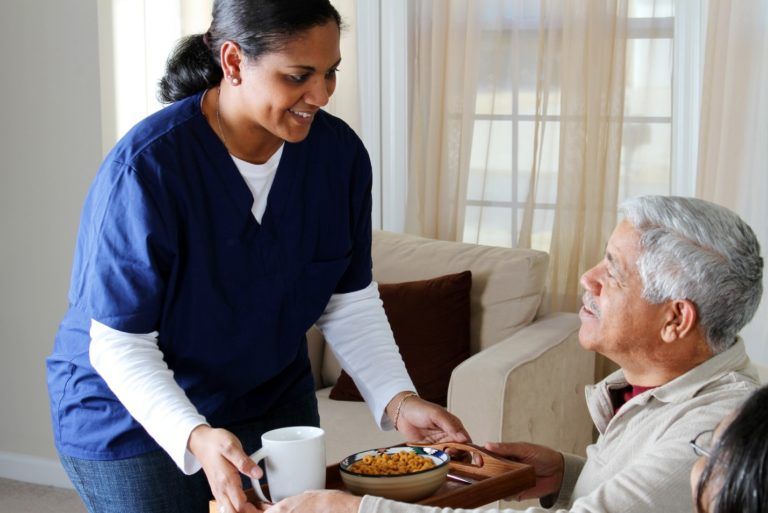Preventing Falls for the Elderly – The Essential Guide
Taking control of your health can come in many forms. From going to the doctor for annual checkups to eating foods that will nourish you and provide you with the nutrients you need to stay healthy and feel great. But, there are other ways you can take control of your health and well being and that’s by creating a comprehensive fall prevention plan for seniors and older adults.
Falls in older adults can lead to life changing injuries, but that doesn’t mean that you’re powerless to stop them. In fact, by making simple modifications in your life you can greatly decrease your chances of suffering from a fall.
You might be wondering how you can prevent falls? Follow the guide below to find out how you can prevent falls in the elderly and older adults.
Preventing Falls at Home

Proper Footwear
I’m sure you love your favorite pair of floppy slippers, but those slippers could potentially increase your risk of falling. Wearing sturdy shoes while at home can help decrease your chances of falling while giving you increased balance and support. Always make sure you’re using fall prevention gear such as walkers or other mobility aids. It’s better to be safe than sorry. Even if you don’t think you need them, if you ever do, having these devices within reach can give you extra security and peace of mind.
Fall Proof Your Bathroom
Fall proof your bathroom by purchasing a chair for the shower and install bars near the toilet and shower. Be sure to use anti-slip bath mats too.
Invest in a Medical Alert Necklace
*We recommend My Medical Alert . For more information about My Medical Alert call us at (855) 412-2273 and ask for Brian!
Make sure you’re wearing a medical alert necklace if you don’t have a live-in health aide. Even if you do have a live-in health aide this could be a helpful device to carry with you as an additional safety precaution.
Use Bed Rails
Use bed rails if you’re at risk of falling out of bed in the middle of the night. You can also purchase sit up helpers which are essentially straps on a bed that allow you to hoist yourself out of bed more easily.
Reduce Clutter
Reduce clutter in your walking path. If there are items you notice you’re bumping into frequently, rearrange them to give yourself more space to walk. It’ll also be more aesthetically pleasing since you’ll have more space in your home.
Turn on the Lights!
Make sure you use bright lights that allow you to see any items that might be obstructing your walking path. Now-a-days, you can even install smart lights that are voice activated to make it easier to turn lights on and off, especially if it can be troublesome to look for a light switch.
Use Anti-Slip Carpeting
Cover wood stairs with anti-slip carpeting, but make sure if you are using carpet that bumps and roll ups aren’t present, as these can also increase your risk of falling.
Prevent Falls in the Kitchen
You can prevent falls in the kitchen by reducing your need to use a step ladder in order to reach specific items. Instead, place those items on lower shelves where they’re easily accessible. Consider adding more anti-slip kitchen mats too! These simple home modifications for fall prevention will give you that extra security and peace of mind of knowing that you’re in control of your health and you’re proactively increasing your chances of success!
Preventing Falls in Hospitals

Patient falls in hospitals are becoming an increasing problem, but there are ways to reduce your risk of falling when in a hospital setting. Fall prevention strategies in hospitals should be discussed before hospital stays when possible. Having an action plan will help give you and your loved ones confidence that your hospital stay will be a success.
Allow a personal healthcare worker to assist you when needed
One of the best ways to reduce your chances of falling in a hospital is to have a personal healthcare worker with you in times of need. When/if a personal health aide can’t be present, hospital staff workers are able to assist with bathroom breaks or even short daily walks. Setting up a walking schedule with them early on can help set the expectation for the staff and you’ll also have multiple times of the day to look forward to.
Bring Your Own Belongings to the Hospital Such as Sturdy Shoes, Canes, and Walkers
If you have special shoes that are particularly sturdy or mobility devices like walkers or canes, be sure to bring them with you to the hospital. Be sure to put your name on them in case they get lost or misplaced. Having your own shoes and devices with you will make you feel more comfortable and will also alleviate additional stress on the hospital staff to find devices that suit your needs. If you have customized devices or just ones that you’ve become very comfortable with, you’ll want to keep them close to you whether at home or during a hospital visit.
Preventing Falls in Nursing Homes

Start working with a 24-hour live in healthcare worker
Similarly to preventing falls in hospitals, nursing homes have staff on hand 24 hours a day to assist with your needs. Unfortunately, nursing homes pose certain risks such as other people needing assistance at the same time that you do, wet floors, and more. An alternative to a nursing home scenario would be working with a 24-hour live in healthcare worker. These healthcare workers only have one person to look after and that’s you. So, whatever you need, whenever you need it, you’ll be taken care of.
If you are in a nursing home, don’t worry! It’s possible to arrange certain times of day for walks and the staff will try their hardest to carry these walks out as scheduled. You can also bring your own items to the nursing home such as your mobility devices. You’ll want to bring your sturdy shoes, cane, walker, or other items that you’ve grown accustomed to. Having to learn how a new walker or cane feels could be enough to encourage a fall. Using your own items when you can is always preferred.
Conclusion
We hope you’ve taken a lot of fall prevention tips and tricks with you. At Connecticut In-Homes Assistance , we care about your health and well being and want you to stay safe and comfortable, even in challenging times.
If you’d like to learn more about hourly , 24-hour/live in , homemaker & companion or personal care services call us at (855) 412-2273!
Share
Related Posts




